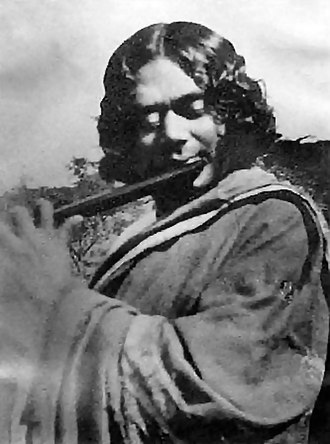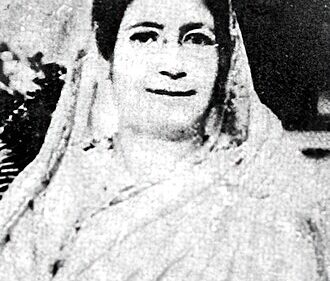
Four new imams appointed at the Two Holy Mosques
Four new imams appointed at the Two Holy Mosques RIYADH: Two new imams have been appointed at the Grand Mosque in Makkah and another two

WELCOME TO SOFTDOZE.COM
Softdoze.com is a technology-focused website offering a wide range of content on software solutions, tech tutorials, and digital tools. It provides practical guides, reviews, and insights to help users optimize their use of software, improve productivity, and stay updated on the latest technological trends. The platform caters to both beginners and advanced users, delivering useful information across various tech domains.

Four new imams appointed at the Two Holy Mosques RIYADH: Two new imams have been appointed at the Grand Mosque in Makkah and another two

Mashrafe Bin Mortaza (Cricketer) Mashrafe Bin Mortaza Born: October 5, 1983, in Narail, Bangladesh Role: Cricketer (Fast Bowler, Captain), Member of Parliament Key Contributions: Early

Shakib Al Hasan (Cricketer) Shakib Al Hasan Born: March 24, 1987, in Magura, Bangladesh Role: Cricketer (All-rounder), Captain of the Bangladesh National Team Key Contributions:

Begum Rokeya (Writer, Activist) Begum Rokeya Sakhawat Hossain Born: December 9, 1880, in Kaliakoir, Bengal (now Bangladesh) Role: Writer, Social Reformer, Educator, and Feminist Activist
Submit a Comment